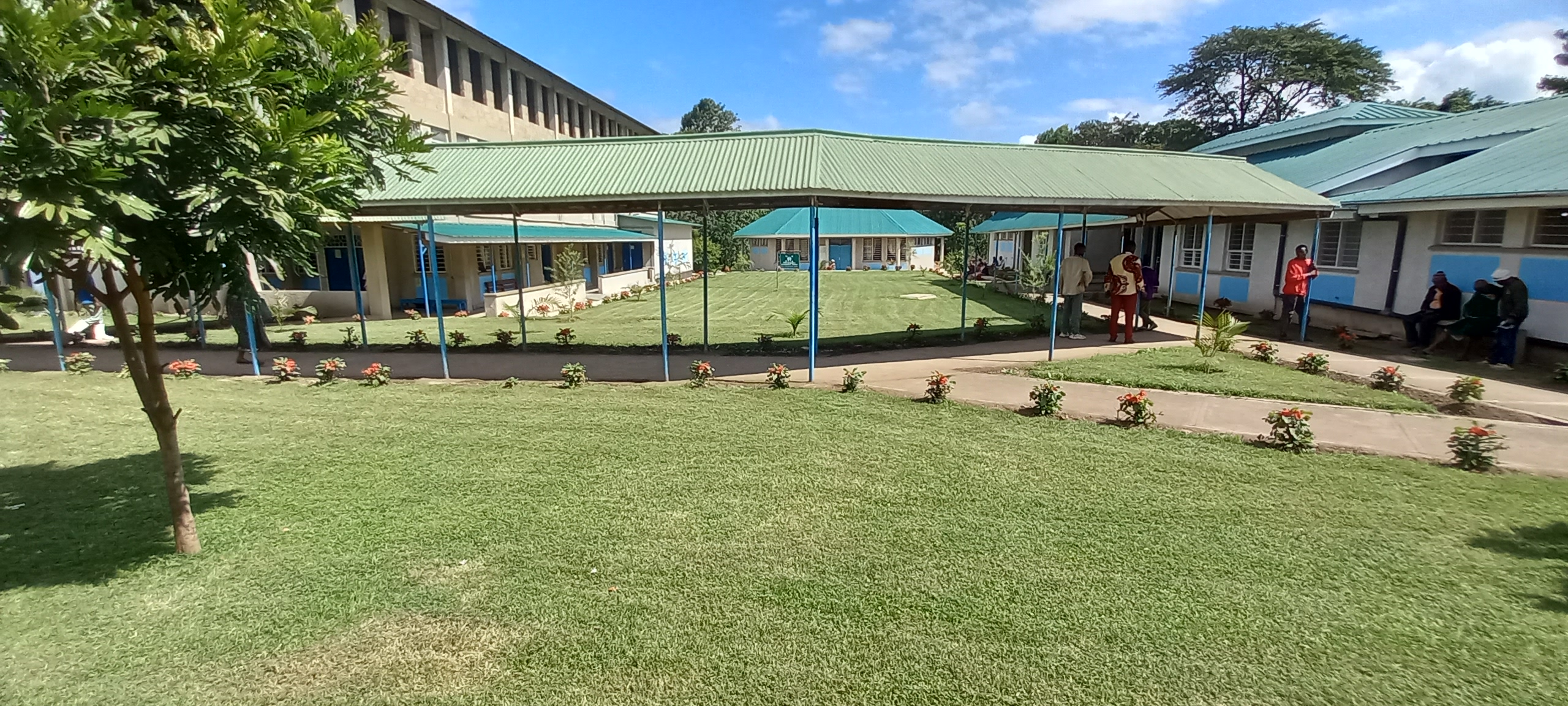Concept Note:
Theme: “The burden of non-communicable diseases and the Role of Palliative care”
- Introduction
Non-Communicable Diseases (NCD) are becoming a burden to the modern world day after day. Earlier, their incidences were high in the developed as compared to the underdeveloped nations due to the fact that the major contributing factor is style of life. According to the World Health Organization (WHO) report (2021), the NCDs are estimated to cause 71 per cent of all deaths globally almost three quarters of all NCDs deaths and 82 per cent of 16 million people died prematurely or before reaching 70 years of age. Palliative Care (PC) is an interdisciplinary medical care giving approach, aimed at optimizing quality of life and mitigating suffering among people with serious, complex and often terminal illness. It also improves quality of life of patients and their families who face problems associated with life limiting and threatening illnesses, through the prevention and relief of suffering by making early identification of a disease, treatment of pain and other problems physical, psychosocial and spiritual.
- Objectives:
- Addressing the challenges and complications facing individuals suffering from NCDs
- Raising awareness of benefits of PC as a parallel method of care for persons with Non Communicable Diseases
- Promoting integration of PC services to the existing health care systems in the management of NCDs by developing practical SOPs
- Enhancing accessibility of PC services as the right of every individual in need.
BACKGROUND AND CONTEXT:
In Tanzania NCDs are still the major causes of morbidity and mortality. NCDs contribute significantly to the disease burden especially among adult populations. WHO estimates that in 2018, NCDs contributed to 33 per cent of all deaths in the country. NCDs threaten progress towards the 2030 Agenda for Sustainable Development, which includes a target of reducing the probability of death from any of the four main NCDs between ages 30 and 70 years by one third.
Palliative care is an essential component of a comprehensive response to NCDs. It is ideal that palliative care is included within NCD action plans in all countries.
The common risk factors for the rise in NCDs among our communities are medically known to be use of tobacco, excess consumption of alcohol, unhealthy diet and physical inactivity. This suggests that efforts to control NCDs should focus on reducing these factors and monitoring the progress while supporting persons with NCDs through facility based and palliative care services in the community. The government policies and priorities should also address the same.
Investing in better management of NCDs is critical. Management of NCDs includes detecting, screening and treating these diseases, and providing access to palliative care for people in need. High impact essential NCD interventions can be delivered through a primary health care approach to strengthen early detection and timely treatment. Evidence shows that such interventions are excellent economic investments because, if provided early to patients, they can reduce the need for advanced and expensive treatment. NCDs interventions are essential for achieving the SDG target on NCDs.
Unfortunately, palliative care services have remained limited for patients with NCDs globally and for many years. The recent practices suggest PC to be integrated into the management of NCDs for a quality care to patients. Efforts are required in developing PC policy guidelines and standards to guide implementation, and this calls for collaboration among the government, stakeholders and development partners.
THE SCHIENTIFIC CONFERENCE, TARGET AUDIENDE AND BENEFICIARIES
Selian Lutheran Hospital has organized a scientific conference in effort to raise awareness on NCDs and integration of palliative care services. Therefore a wide spectrum of individuals will benefit from increased knowledge. The conference invites health workers, scientists, researchers, academicians, occupational and physiotherapists,
METHODOLOGY:
The scientific conference will be held for 3 days at Corridor Spring Hotel in Arusha from 26th -28th June 2024. There will be presentations from different experts on NCDs and Palliative care. The sessions will be moderated and will involve plenary discussions for a comprehensive output
EXPECTED OUTCOME AND IMPACT:
We expect that the knowledge acquired from this conference will improve management of patients with NCDs and support the control of NCDs in the country.
MONITORING AND EVALUATION:
The report of this conference will be shared among stakeholders including the government for use as a model for use by other facilities and as a tool for use during policy reviews.
BUDGET AND RESOURSES:
We expect to invite 250 participants. The total budget is approximately 45 million Tanzanian shillings. This will cover facilitator’s costs, venue, stationaries and refreshments.

 info@selianlh.or.tz
info@selianlh.or.tz (+255)-755-930-952
(+255)-755-930-952
